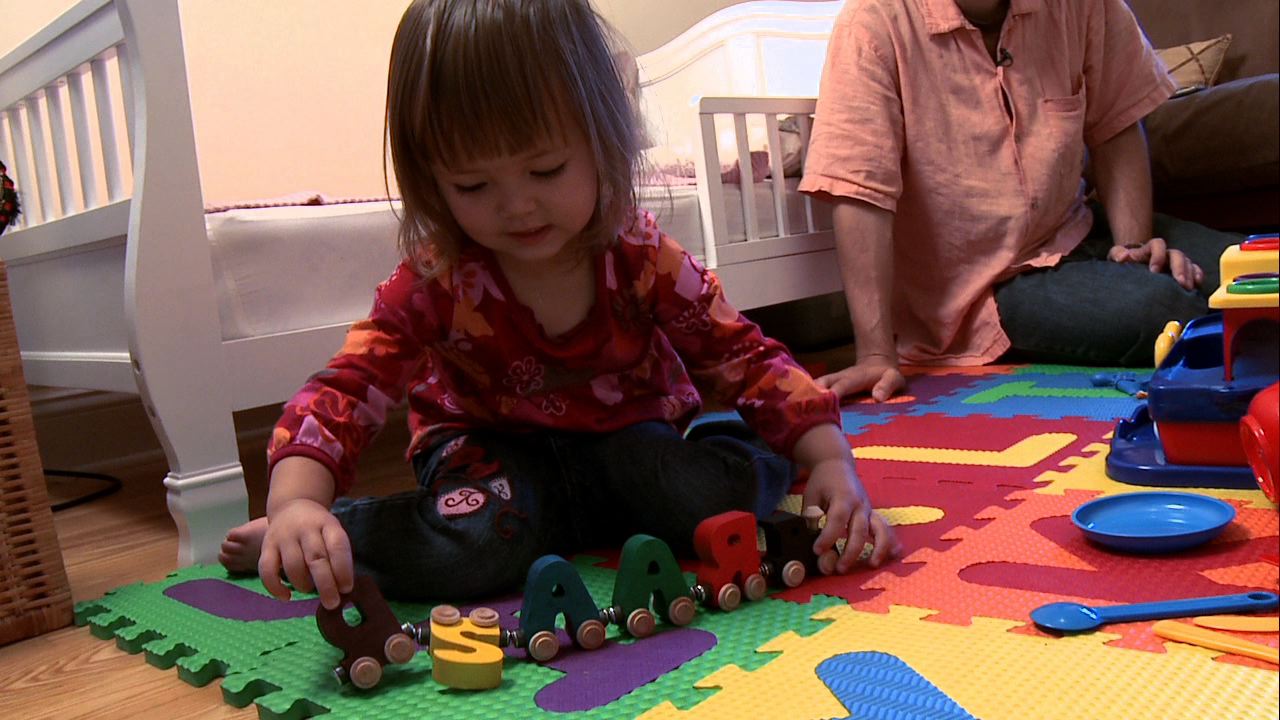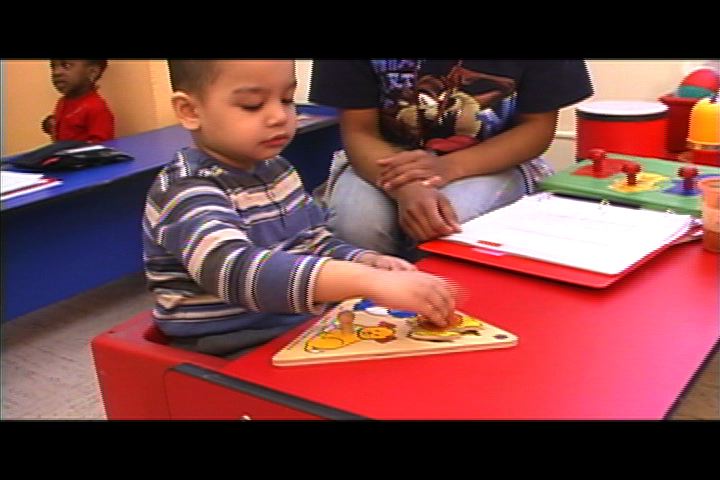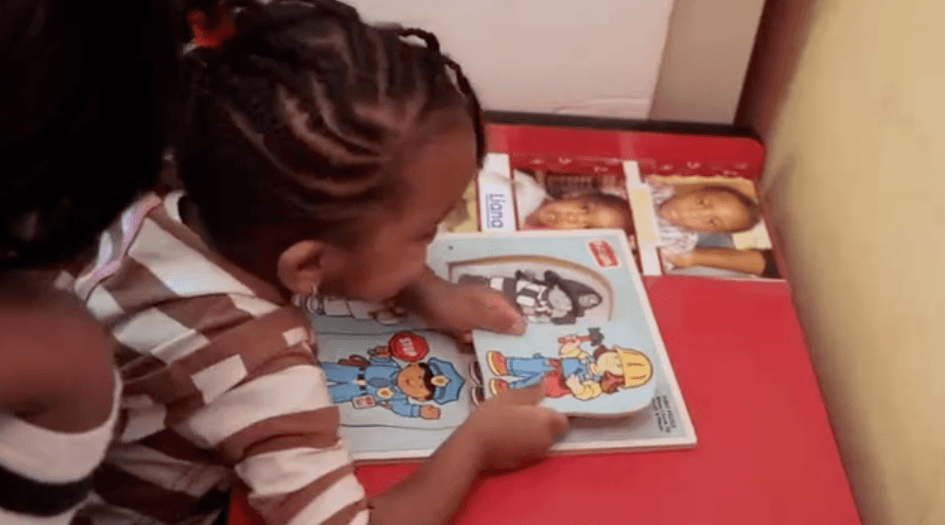Risk Alert Mastery Motivation
Video Summary
Dr Deborah Fein describes the concept of "mastery motivation" how children who are developing typically take an interest in learning new things and proudly showing off their accomplishments, where as children who are at risk, may take little interest in learning new things or sharing what they know with others.
"Children who are on the spectrum, they seem to be driven by motives that can be very hard to understand for adults working with them. "
— Deborah Fein PhD
Early Warning Signs related to Risk Alert Mastery Motivation
-
Lack of Exploration

Dr. Christopher Smith considers the typical and atypical reactions of two 27 month old twins' reactions when they are given children's books.
-
Lack of Excitement

Dr. Smith notes that children on the spectrum may lack a sense of accomplishment when mastering a task, even when encouraged or praised by their caregivers.
-
Mastering Tasks and Taking Pride in Accomplishments

This video discusses mastery motivation: a desire to aquire and master new skills, gradually develop greater independence, and express pride in new abilities. Mastery motivation plays a key role in typical learning and development, but is often lacking in children with autism, who may actively resist learning new skills or fail to share their accomplishments with others. Dr. Kolevzon guides us through several examples of typically developing youth displaying mastery motivation and discusses how such motivation is often limited or absent in children with autism.
Therapies related to Risk Alert Mastery Motivation
-
Puzzles

In this clip, Sajid, a student with ASD, is rewarded for correctly completing puzzles. Sajid is good at matching shapes and is able to complete the puzzles the majority of the time with only a little guidance from his therapist.
-
Impact of Therapy Improvements with RDI Therapy

Julien, father of Emil, describes some of the principles of Relationship Development Intervention (RDI), a parent based intervention for autism spectrum disorder. He discusses the progress Emil has made with this approach and his hopes for Emil's future progress.
-
Reinforcements in Therapy

Dr. Fein describes the importance of understanding patterns of reward and reinforcement when working with a child with ASD. Rewarding appropriate behaviors, while reducing the reward of some inappropraite behaviors, such as stereotypies, is a central principle of Applied Behavior Analysis, an empirically supported treatment for ASD.
Choose a category
Sign in to your account
×Forgot Your Password?
Not a problem. Simply enter your email address and we will issue a new password.






